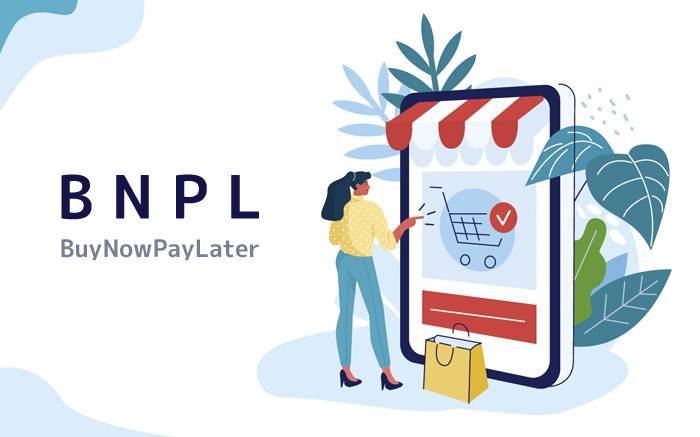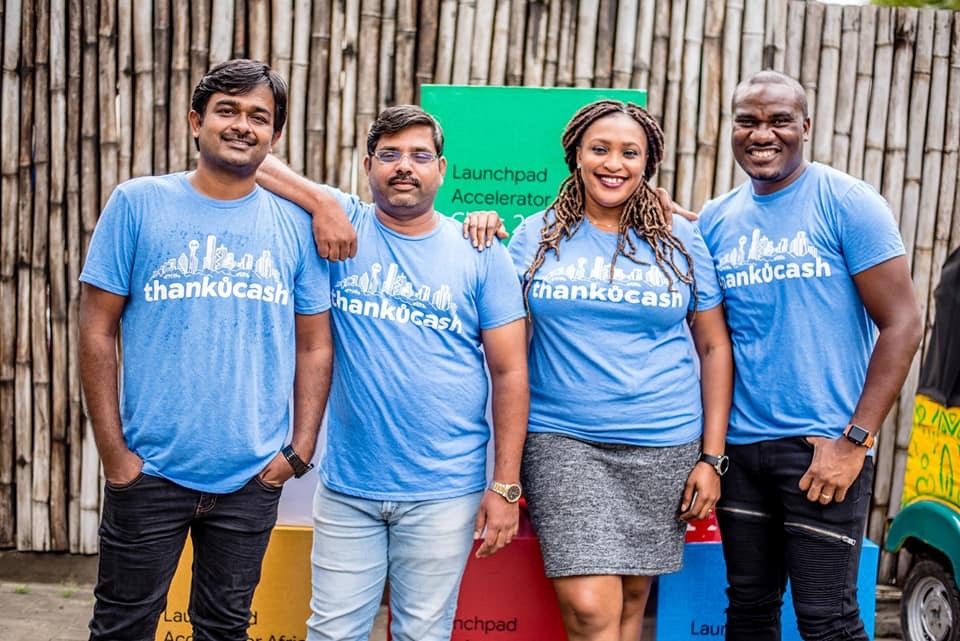ThankUCash Raises $5.3 Seed Funding to Automate BNPL Platforms in Africa

Buy Now Pay Later, — BNPL — is a type of short-term asset financing scheme that has become increasingly popular in the last 5 years. CB Insights, the report states that BNPL startups raised a record $1.5 billion globally in 2020. The sector is expected to reach $680 billion in transaction volume by 2025. Also, the PAYNXT360 report projects the BNPL industry in Africa and the Middle East to grow by 99.8% on an annual basis to reach $7.2 billion by the end of 2022.
Also, according to the Q4 2021 BNPL Survey, BNPL payments in Nigeria are expected to rise 111.2 percent year on year to $1920.3 million in 2022. Growth Value Merchandise is expected to grow from $204 million to over $1 billion by 2028, highlighting BNPL’s growth. The medium-to-long-term growth story of Nigeria’s BNPL industry remains strong. Its payment adoption rate is expected to increase steadily, with a CAGR of 54.0 percent from 2022 to 2028.
According to a Fitch Solutions report in 2022, Nigeria’s rising inflation rate could be a major risk to consumer spending in 2022. The report projected that real household spending is expected to increase by 3.6 percent in 2022, a slight decrease from the estimated 3.7 percent growth in 2021.
As a result of this pressure, acquiring new assets such as mobile phones, laptop computers, and home appliances while paying the total acquisition cost at the point of purchase has become difficult. This, combined with the need for merchants to drive sales, has given rise to Buy Now Pay Later.

What you should know about BNPL in Nigeria
Fintech and e-commerce startups are leading the way in terms of adoption. These startups offer short-term financing for consumer purchases such as smartphones, laptop computers, household appliances and items, and even automobiles. With only 2% of the 106 million adult population having access to bank credit, credit cards are noticeably absent, as banks frequently refrain from consumer lending. Platforms are increasingly becoming alternatives and are expected to grow further.
Jumia, an e-commerce giant, was among the first to offer the buy-now-pay-later option in 2015. However, the sector has since grown to a multi-million dollar industry, with startups such as M-Kopa, EasyBuy, Omnibiz, Carbon, CDCare, CredPal, and others, including neobanks, payment service providers, and traditional banks—have already launched or are looking to roll out BNPL services in Africa. ThankUCash, a Nigeria-based multi-merchant rewards platform, has announced raising $5.3 million in seed funding, part of which will be used to add BNPL infrastructure to its suite of services, which already includes cashback on purchases and deals from merchants.
Explaining ThankUCash’s disruptive plans for the BNPL sector in Africa, Simeon Ononobi, CEO and co-founder of ThankUCash said “A lot of people have gone into lending and it is gaining traction, but the main issue has been using the loans for other things rather than for why it was obtained. So we had two options: build out the infrastructure for collecting and paying merchants directly (BNPL) or give out the tokens for such ourselves.”
Considering there are already several companies offering consumer loans, ThankUCash decided to play in the infrastructure side of things. “We already have a merchant network and we will keep building it out, so why not use and extend that to our merchants?” the CEO said.
ThankUCash to Automate BNPL Platforms

ThankUCash will provide the technological infrastructure that will connect merchants with loan facilities, allowing customers to pay for goods and services directly through its Super App with loans. According to Ononobi, the company plans to launch the Beta “in a few weeks.”
Most existing BNPL services in Nigeria are manual, and provided by asset financing companies and, in some cases, merchants. The platform of ThankUCash will automate this process for its users and merchants. According to Ononobi, the startup is currently approaching most players in the space, in line with its mission to build infrastructure that powers the emerging industry.
“Our machines will be available in stores.” So, when customers request loans, we generate a code for them; they enter it into the POS machine, and the merchant is directly credited. The code can only be used in the store specified and for the loan amount specified. “In the end, the customer buys directly from the merchants,” Ononobi explained in a statement.
ThankUCash has already agreed with Nigerian fintech Interswitch to onboard all of the latter’s merchants to expand. In addition, the company is in talks with “about 7 other national and multinational banks” about potential collaborations. “We’re opening up this infrastructure to everyone and want to give that platform to loan companies,” said the CEO.
Within two years, the startup claims to have over 600,000 users, over 1,000 stores on its platform, and over $80 million in transaction volume. Part of the new capital will be used to expand operations to other cities in Nigeria, Ghana, and Kenya, and to launch a new remittance product.
